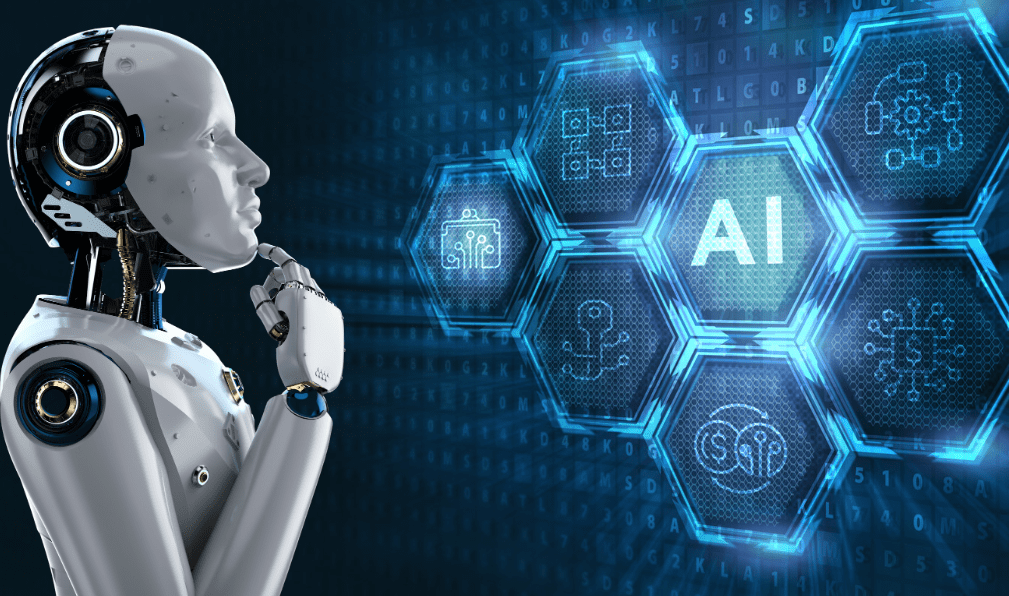Artificial Intelligence (AI) has been a transformative force across industries, including business valuation. From automating data analysis to enhancing valuation models, AI has introduced efficiency and precision into workflows. However, recent developments suggest that AI technology, while groundbreaking, may already be hitting a plateau. For valuation professionals, this raises questions about how AI will evolve and its long-term role in our practices.
The Plateau: What’s Happening in AI?
A recent report from The Information casts doubt on the anticipated improvements in OpenAI’s next-generation model, Orion, rumored to be the successor to GPT-4. Early insights suggest that Orion may not offer the revolutionary advancements seen in prior iterations, particularly in specialized tasks like coding.
Key findings include:
- Limited Performance Gains: Orion has shown “far smaller” improvements over GPT-4, especially in technical areas like coding. While better at general language tasks (e.g., creating emails or summarizing documents), its evolution appears incremental rather than groundbreaking.
- Training Data Bottleneck: AI models rely on vast amounts of high-quality training data, much of which has already been sourced from social media platforms and other public domains. As these sources dwindle, training new models becomes increasingly difficult and less effective.
- Resource Intensity: The energy and resources required to train cutting-edge AI models are becoming a concern. With predictions of a sixfold increase in energy consumption over the next decade, the AI industry is pushing the limits of current power infrastructures.
What This Means for Valuation Professionals
Valuation firms, like other industries, have been integrating AI into their operations, particularly in areas such as:
- Financial Modeling: AI accelerates the creation of sophisticated valuation models.
- Market Comparisons: AI tools analyze vast datasets for benchmarking against comparable companies.
- Report Automation: AI streamlines report generation, saving hours of manual work.
However, the news of AI’s potential plateau raises several considerations for the valuation industry:
- The Limits of Automation
AI tools have been invaluable in automating repetitive tasks, but their incremental improvements may not fully replace the nuanced judgment and expertise required in complex valuations. Orion’s reported limitations in specialized tasks like coding underscore that certain high-level analyses will remain the domain of skilled professionals.
- Data Quality Challenges
The bottleneck in high-quality training data could impact AI’s ability to deliver deeper insights for complex valuations, particularly for intangible assets or niche industries where data is sparse. This means valuation professionals will still need to rely on traditional methods for these nuanced areas.
- Energy and Cost Implications
As AI becomes more resource-intensive, the costs of leveraging frontier AI models may rise, potentially putting pressure on small and medium-sized valuation firms to justify their return on investment. Firms may need to balance the benefits of cutting-edge AI with the sustainability and affordability of their operations.
Future-Proofing Your Practice
Despite these challenges, AI remains a powerful tool for valuation professionals. The key lies in understanding its limitations and complementing it with human expertise. Here’s how valuation practitioners can adapt:
Leverage AI for What It Does Best
AI excels at automating routine tasks and processing large datasets. Use it to handle the heavy lifting, such as financial data analysis or market research, while focusing your expertise on strategic insights and client relationships.
Invest in Niche Expertise
With AI reaching a plateau, the competitive edge may shift back to human judgment and specialization. Valuation professionals who can offer deep expertise in specific industries or asset classes will remain in high demand.
Monitor Technological Advancements
While Orion and other next-gen AI models may not revolutionize the industry overnight, incremental improvements will still shape the tools available to valuation professionals. Staying informed will allow you to integrate new capabilities as they emerge.
Focus on Sustainability
As resource demands for AI increase, consider adopting eco-friendly practices and prioritizing AI tools that balance innovation with energy efficiency.
Looking Ahead
The potential plateau in AI’s development underscores the enduring value of human expertise in business valuation. While AI tools will continue to enhance productivity, they are unlikely to replace the judgment and creativity of skilled professionals.
As OpenAI and other developers work to overcome the current challenges, valuation practitioners should view AI as a partner rather than a panacea. By combining technology with a commitment to expertise and client service, valuation firms can navigate this evolving landscape and continue to deliver exceptional value.
In an industry where precision and insight are paramount, the human element remains irreplaceable, even in the age of AI.


